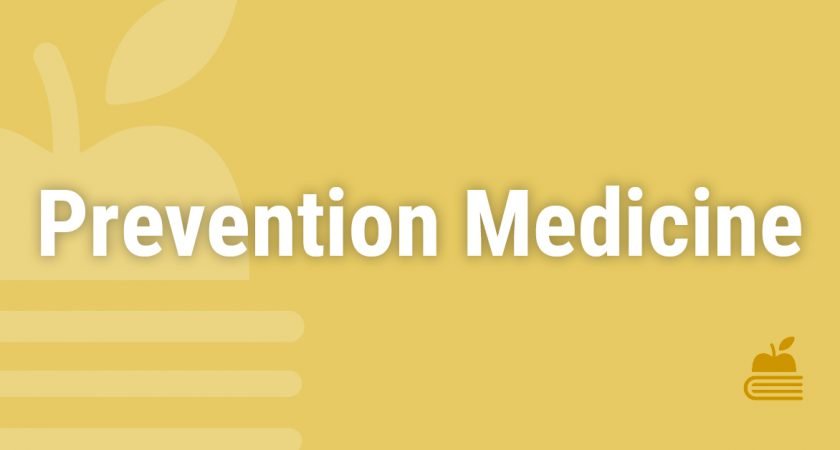Read week
Hi everyone!
What do you do during the times when you’re feeling great? Do you know what I do? I forget to do my back exercises, start to sneak in snack food and stay up late. Wouldn’t it be better if we used our moments of feeling great to add value to our physical health, emotional health and mental health? There is an adage that goes: Garbage in, garbage out. We should be putting positive things into us to improve and maintain a good level of health – such as moderate sunlight, rest, reading, water, exercise etc. What positive things can you do today?
This week is about preventative health, and a few other things such as driving, disability and work cover.
There is room in every consultation for a brief talk about preventative health. It is important to talk about exercise, eating well, smoking cessation, STI screening, alcohol assessment, mental health whenever there is a moment spare – even walking to and from the waiting room. These small moments of counselling over time add up.
“Assessing Fitness to Drive” guideline from Austroads is a vital piece of literature for every GP. It contains all of the guidelines needed for assessing a patient’s appropriateness to return to driving. It is important to counsel patients about their legal responsibilities as a driver on the road, and while they may feel fine at this instant, things such as seizures, hypoglycaemia, heart attacks etc can occur unpredictably through risk periods and driving should be according to the guidelines for this reason.
A Home Medication review completed by the pharmacist has numerous benefits for the patient. It gives insights into the way the patient lives and what medication the patient actually takes. The pharmacist can help clarify and clear up discrepancies that can occur – such as double dosing, assessment of side effects, out of date medication, non-filled scripts. A good Home Medication review can also help the patient feel less confused by their medication and give them confidence in what they are prescribed and how it is affecting their health.
Look after yourself, and best of luck with the upcoming exams!
Dr Andrew Harris
Director of Amadeus Education.
Topics | Important reading |
Prevention health |
|
Driving |
|
Alcohol |
|
Paediatric immunisation |
|
Disability – cerebral palsy, Down syndrome |
|
Nutrition |
|
Obesity |
|
Allied health/complementary medicine – acupuncture, physiotherapy, chiropractic, osteopathy |
|
Work cover |
|
Genetics |
|
Medication |
|
CHECKS:
Here are the list of recommended Checks that would be useful in your study for GP exams (accessed via subscription from http://gplearning.racgp.org.au):
- Genetics, January 2019
- Diet and nutrition, December 2017
- Prevention health, January 2017
- Preventive health, December 2014
- Integrative therapies, December 2013
- Genetic disorders, Genetic disorders 2011
Focus on clinical skills:
Here is a brief focus on some OSCE preparation topics related to this topic:
- The art of communication. AFP, March 2014. (https://bit.ly/2YNd2n9)
- Family health history: A role in prevention. AFP, October 2010. (https://bit.ly/2JZMP0B)
- A positive approach to parents with concerns about vaccination for the family physician. AFP, October 2014. (https://bit.ly/2U7zTHT)
Focus on medicolegal:
Here is a brief focus on the medicolegal issues covered in Australian Family Physician:
- Genetic testing: medico-legal issues. AFP, July 2014. (https://bit.ly/2RT3M0Z)
- Vaccination and the law. AFP, November 2015. (https://bit.ly/2VYr6xj)
Copyright © 2021 Andrew Harris

